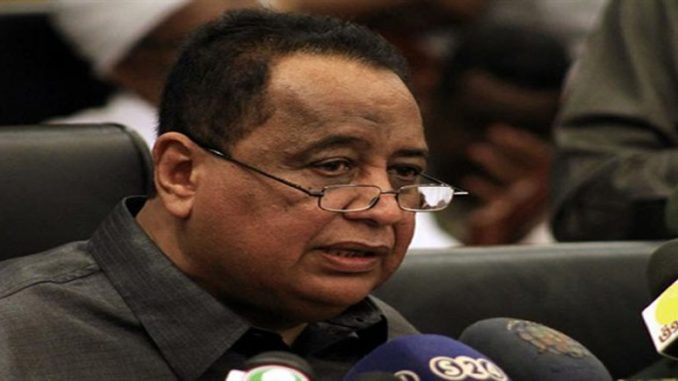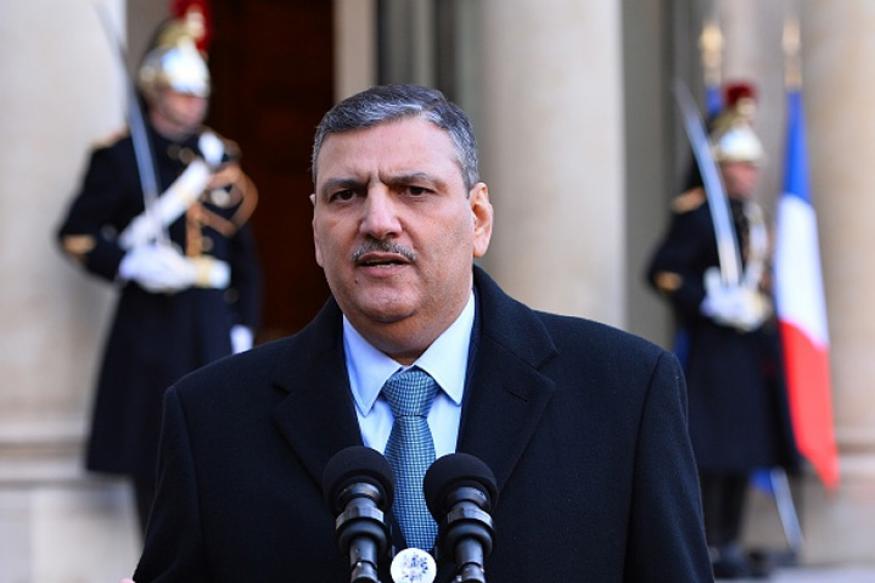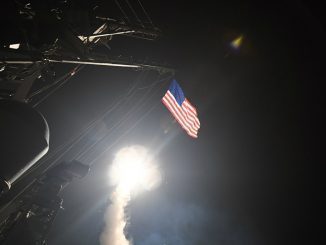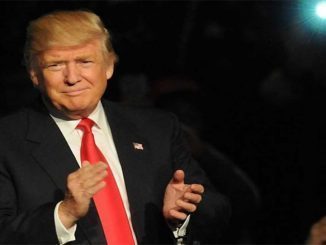
Sudan says it will continue cooperation with incoming US administration against regional terrorism
Sudan said Saturday that it will press forward on its cooperation with Washington in countering international terrorism, one day after outgoing U.S. President Barack Obama ended two decades of sanctions on the East African country.
Mohamed Atta, head of the Sudanese national intelligence and security services (NISS), told reporters in the capital Khartoum that the government will continue working with the administration of President-elect Donald Trump in fighting regional terrorism.
He further promised that Khartoum will continue cooperating with the CIA and other intelligence agencies in order to stop any regional terrorist threat.
Atta said Sudan has allowed U.S. intelligence agents to inspect its borders with Libya to confirm that it does not allow any kind of illegal cross-border activities.
He added that Sudan is fighting terrorism in line with its own national, political, and religious principals and not due to international pressure.
Atta stressed that Sudan is ready to deal with any counter-attacks resulting from its counter-terrorism cooperation with the U.S. and reiterated that the U.S. should remove Sudan from its list of countries sponsoring terrorism.
Pledges under agreement
U.S. officials have said that Sudan has offered much intelligence on terrorism in the region, including Daesh.
Also speaking to reporters, Sudanese Foreign Minister Ibrahim Ghandour said his country is committed to the agreement through which the U.S. sanctions have been lifted.
He said Sudan has agreed to stop supporting rebels in South Sudan, support the peace process in South Sudan, bring peace to the Sudanese areas of Darfur, South Kordofan, and the Blue Nile, and allow humanitarian access to conflict regions in Sudan.
He added that Sudan is also committed to fight the Ugandan rebels of the Lord’s Resistance Army (LRA) and illegal trafficking through Sudanese territories.
Conditional lifting
The Friday executive order by Obama will open the door for trade between the two countries, especially in the oil and petrochemical industry.
Under the decision, U.S. citizens will also be able to transact with individuals and entities in Sudan, and the property of the government of Sudan subject to U.S. jurisdiction will be unblocked.
The U.S. says the decision depends on Sudan sustaining positive actions it has taken over the last six months, including the reduction in offensive military activity, cooperation on counter-terrorism, addressing the regional conflict, stopping the civil war in the country, and allowing humanitarian access to affected areas of the country.



